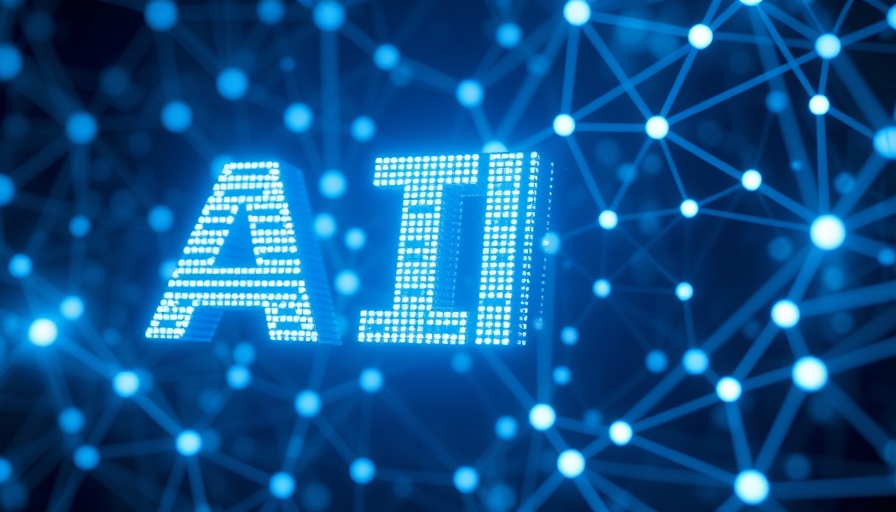
Why AI Adoption in Healthcare is Transformative
Amid growing trepidation over job loss due to artificial intelligence (AI), healthcare executives are urging a different perspective: rather than eliminating jobs, AI will transform roles within the industry. At the Abarca Forward conference in San Juan, Puerto Rico, industry leaders emphasized that the roots of this disruption can be traced back through history, likening it to past technological shifts that have redefined labor practices.
The Historical Perspective on Technological Shifts
Tony Navarro from Red Ventures highlighted historical precedents where technology has vastly changed employment landscapes. He noted that when farmers transitioned from manual labor to tractors, it dramatically altered agricultural work but led to increased productivity. This example serves as a reminder that AI is simply another chapter in the long history of technology augmenting human capabilities.
Expanding Roles and Opportunities with AI
According to Bertil Chappuis of Xtillion, the future of healthcare jobs is bright. He pointed out that about 40% of current jobs didn’t exist 30 years ago, indicating that new roles will emerge as the industry adapts to AI's capabilities. "There are more things we can execute with fresh capabilities than those we can automate," he explained. This sentiment aligns with trends indicating that healthcare workers may benefit from AI's efficiencies, ultimately allowing them to focus more on patient care.
Addressing Workforce Concerns in the Age of AI
As AI tools begin to infiltrate everyday practices, there will be a necessary shift in how healthcare professionals are trained. John Barto from Microsoft mentioned ongoing initiatives aimed at assisting healthcare professionals in adopting AI technologies effectively, ensuring that the adoption process is conducive rather than disruptive. This approach not only enhances operational efficiency but also helps prevent healthcare worker burnout—an increasingly critical concern in a rapidly evolving workforce.
Predicting the Impact of AI on Workforce Demand
Industry experts concur that while AI will change the nature of many jobs, the demand for healthcare workers will surge. A joint report by EIT Health and McKinsey underscores that the healthcare sector is expected to face a shortfall of nearly 10 million healthcare professionals by 2030, emphasizing an urgent need to enhance workforce training and adapt to new technologies.
Final Thoughts: Embracing Change for Better Care
As AI continues to reshape the healthcare landscape, stakeholders must remain proactive. They should focus on creating systems and educational programs that facilitate this transition effectively, thereby ensuring healthcare remains a rewarding field for current and future professionals. Embracing these new technologies can lead to improved patient outcomes and travel towards more personalized care.
 Add Row
Add Row  Add
Add 




Write A Comment